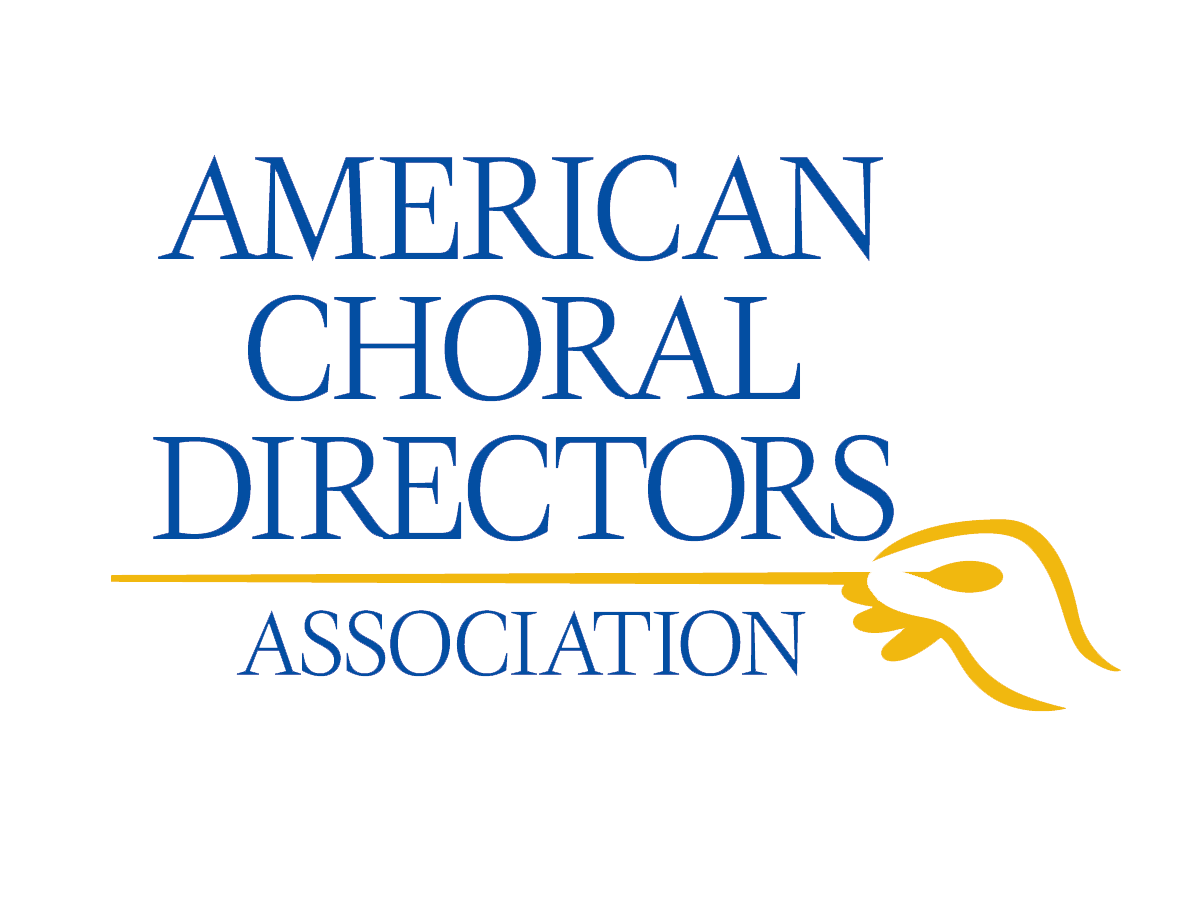The integration of embodied pedagogies has a long history in music education, and especially in choral singing (Benson, 2011; Ehmann, 1968; Jaques-Dalcroze, 1921). Manual mimicry gestures are hand movements that mirror the spatiotemporal attributes of speech sounds with an analogous gesture (Rusiewicz & Rivera, 2017). The present study investigated the effects of manual mimicry gestures on the articulatory accuracy, vocal technique, and expressive artistry of non-native German speech sounds in singing. Twenty-four college-aged voice majors were assigned to three groups, each with a different instructional mode (i.e., no gesture, viewed gestures, viewed and produced gestures). Four German sounds were tested in isolation and in the context of a musical phrase (fricatives ichlaut /ç/ and achlaut /x/, and mixed vowels /y/ and /Y/). Expert listeners rated the participants’ singing at three time points (baseline, immediate post-instruction, and 48-hours post-instruction) using visual analog scales. Results revealed improved articulatory accuracy and vocal technique for all sounds in all training conditions as perceived by the raters. Individuals who produced gestures during training were not rated significantly higher than the groups trained without gestures or by viewing gestures only. Implications for vocal pedagogy and related professions are discussed, as well as future directions for research.
You are here: Home / IJRCS / The Impact of Manual Mimicry Gestures on the Learning of Sung German Phonemes


